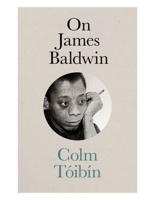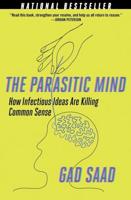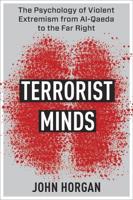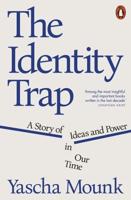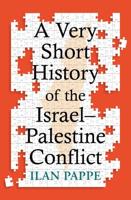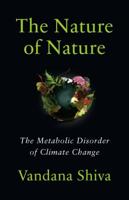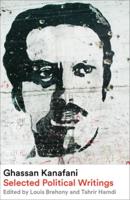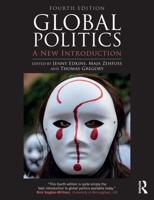Publisher's Synopsis
The disintegration of the Soviet Union in 1991 rapidly and irrevocably transformed Central Asia's political landscape. This region of five sovereign states with a population of some fifty million people quickly became a major focus of interest and influence for competing poles of power. The eminent contributors to this volume offer a four-part analysis of the region's new importance in world affairs. Rajan Menon examines the place of Central Asia in a global perspective. Eugene Rumer considers the perspective of the post-9/11 United States. Dimitri Trenin looks at the region from the standpoint of traditional hegemon Russia. Huasheng Zhao provides the view from economic superpower-in-the-making China.



